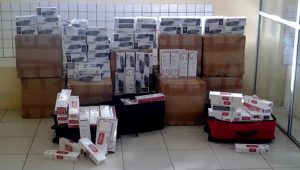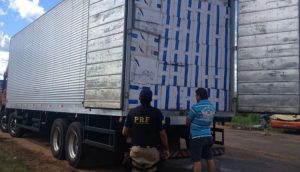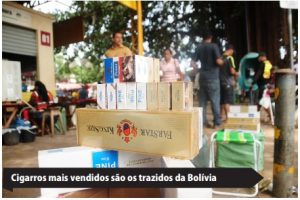By: Gustavo Ungaro *
In this immense and filthy mud of the national ethical crisis, how is it that youth is seeing the ethics of today? What are the conducts considered contrary to the interest of the community, how are the behaviors perceived and how are the expectations of those who are entering maturity? And what is meant by ethics ”in times of liquid and post-truth modernity?
Interesting Datafolha survey carried out by the ETCO Institute has just collected the responses of more than a thousand Brazilians between the ages of 14 and 24: for them, ethics means respect for others (22%), being polite (12%), acting with moral conduct ( 5%), good character (4%) and honesty (4%). The result recalls the sense of the old legal brocardos present in Law courses, recited in Latin: alterum non laedere (not harming the other), honest live (live honestly) suunn cuique tribuere (give each one their due).
90% of young people find Brazilian society to be unethical or unethical: 74% consider their friends to be unethical or unethical; 57% consider their own family to be unethical or unethical, and the same percentage, 57%, considers themselves to be unethical or unethical.
Regarding the professions most associated with ethics, firefighters and teachers emerge, with politicians figuring the most distant from valued conduct.
And what can we do to make Brazilian society more ethical? The most repeated responses were talking about ethics with friends and family, understanding what is public and of everyone's interest, thinking more about others and not just about their own interests.
To stimulate reflection on the consequences of human behavior and the importance of guiding principles and values, the website has just been launched, with support from the General Ombudsman and the Secretary of Education, www.eticaparajovens.com.br, with suggestions for practical activities to be carried out in classrooms, in order to stimulate reflection, debate and action, with a view to contributing so that each one can be the change that awaits the other, transforming reality and driving, each within its scope of action.
Another possible world, in a future that wants to be close.
(*) Gustavo Ungaro is the Ombudsman of the State of São Paulo






